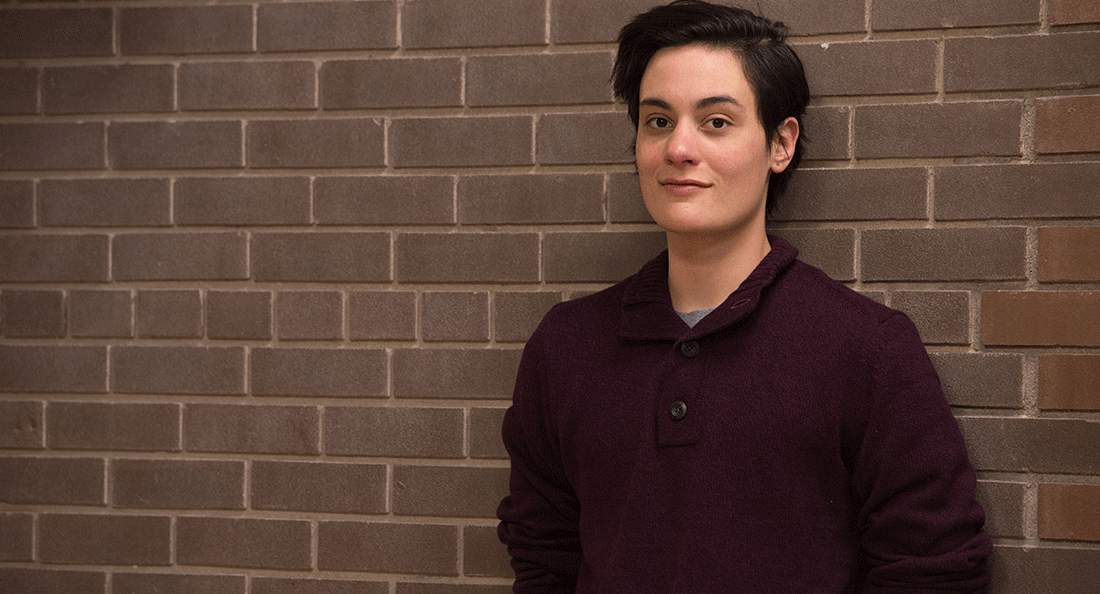Starting a dialogue around sexuality and disability
Panel to address stigma and gaps in sex ed
Next week, local advocates will host a night to hear from the disabilities community about issues around sex, dating and intimacy. The event is titled “Sexuality and Disability Manitoba Panel Discussion.”
“We rarely see disabled people centred as desirable or as having any sexuality in popular culture. Sexuality is eliminated from our story as an empowered or normalized experience,” Karina Cardona Claros, a panelist for the event, says. Cardona Carlos is a community activist who describes herself as passionate about environmental health, art, mobility and youth leadership.
At age 13, Cardona Claros had a sudden onset of transverse myelitis (TM), which caused nerve damage and incomplete quadriplegia on her right side. While navigating a disability at a young age, she said she felt medical staff treated her like a subject – not a person.
“The stigma that (people with disabilities) are a burden, asexual or do not need the same access (to information and education) as temporarily able-bodied individuals is ultimately disabling,” Chance Dupuis, a sex and disability advocate, as well as kinesiology student at the University of Winnipeg (U of W), says.
“There are so many wild myths surrounding sex and disability that need to be spoken about that there certainly isn’t enough time in one night to address them all. This night is intended to be a platform for these conversations and encourage folks to continue the dialogue after the panel,” Dupuis says in explanation for why they chose to create this event.
Baden Gaeke Franz is another panelist at the event. Gaeke Franz is a student at the U of W, a disability advocate and current Winnipeg chapter leader (former vice-president) of Canadian Autistics United. She has lived experience with autism and a passion for connecting with others on the spectrum, building community and advocating to places like the United Nations and local government officials for disability rights.
Gaeke Franz says people with autism can face common issues, including sensory processing disorders, which affect intimacy and getting close to someone.
“Light touches hurt, but heavy touches are okay,” Gaeke Franz says as an example of information that is important to know when showing physical affection to someone with a sensory processing disorder.
Dupuis, Gaeke Franz and Claros all note that general sexual education in schools does not touch on disability and sex. Gaeke Franz adds that education regarding what a positive or negative dating relationship looks like is also missing, despite its importance.
“You don’t have to have neurotypical sex … This idea that there’s only one way that sex works doesn’t work for everybody, and you can figure out for yourself what you want relationships with sexuality to mean, and do that, even if it’s not quote, unquote normal,” Gaeke Franz says, paraphrasing a favourite sentiment from a friend.
The Sexuality and Disability Manitoba Panel Discussion takes place Tuesday, Feb. 13 at 6 p.m. in the Bulman Student Centre (in the basement of the U of W). The venue is wheelchair accessible, and ASl interpretation will be available.
The panel discussion is the kickoff event for Genderfest Winnipeg. Chance Dupuis will MC, and a meet and greet will follow the event. It will also be live streamed via Facebook.
Published in Volume 72, Number 17 of The Uniter (February 8, 2018)






